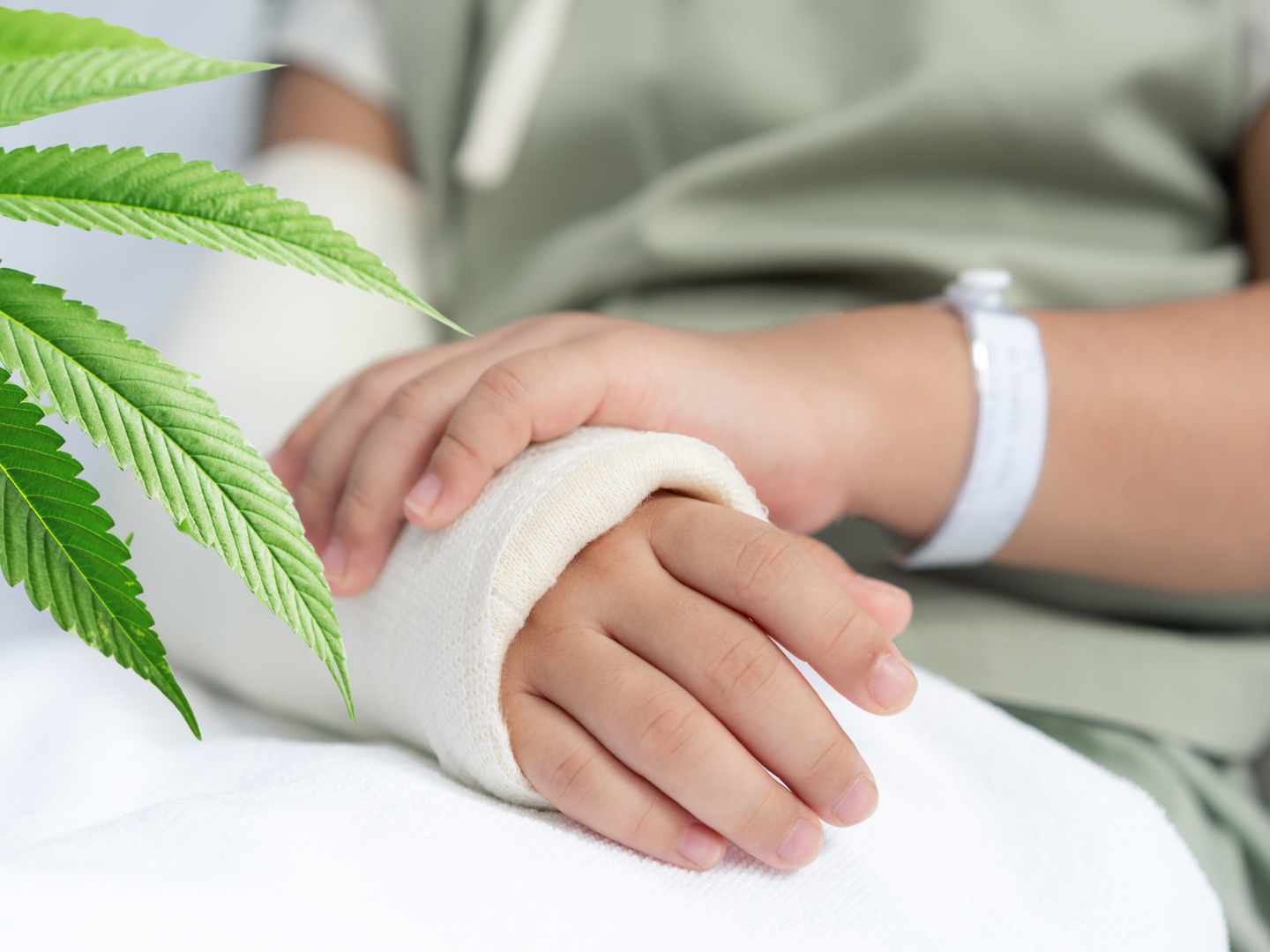CBD Heals Bones—High-Dose THC Hurts: New Review Deciphers Cannabinoids’ Role in Spinal Fusion and Fracture Repair

You know how sometimes science steps into areas that feel like sci-fi—CBD actually helping your bones heal, while chronic, heavy THC might make things go south? That’s exactly the kind of twisty, real-world insight that grabbed me when I dug into this new 2025 review in Biomedicines titled “The Cannabinoid Pharmacology of Bone Healing: Developments in Fusion Medicine.” (Yes, that mouthful was the actual title—but we can jazz up the headline, so you don’t have to.)
So what’s the deal? Let’s unpack it, shall we.
CBD and CB2: Your Bone’s Secret Sidekick
Turns out, the body’s endocannabinoid system (ECS)—specifically CB2, one of its receptor types—is basically a natural cheerleader for bone growth. Animal studies show that mice missing CB2 go on to develop high-turnover osteoporosis (that’s bad). But when researchers introduced CB2 agonists like HU-308, JWH-133, HU-433, or JWH-015? Boom. Trabecular bone volume improves, osteoblast activity picks up, and fracture callus gets stronger. MDPI
Here’s the real kicker: CBD—the non-psychoactive darling of the cannabis universe that slightly leans toward CB2—doesn’t just help. In rat studies, it sped up early posterolateral spinal fusion and reduced the RANKL/OPG ratio (a marker for bone remodeling) without messing up the final fusion outcome. MDPI Talk about multitasking.
THC: Friend, Foe, or Frenemy?
THC, on the other hand, is a bit of a complex character. At low doses or in short bursts, it seemed neutral—maybe even marginally helpful. But chronic or high-dose THC? That’s where things get dicey. It slows down chondrocyte hypertrophy, reduces mineralization in mesenchymal stromal cells, and—clinically—it’s been associated with a 6–10% drop in bone-mineral density. Even more concerning, the risk of pseudarthrosis (i.e., failed spinal fusion) or needing revision surgery jumps by 1.8 to 3.6 times. MDPI
Context Is Everything
Not every body reacts the same way. Outcome variations depend on sex, age, genetic makeup—meaning, cannabis isn’t a one-size-fits-all when it comes to your bones. It’s time for nuanced, receptor-specific trials that factor in THC/CBD ratios, ECS genotypes, and patient demographics. MDPI
What Surgeons (and Patients) Should Do Now
While we’re waiting for those clinical trials, the authors recommend a cautious approach:
Wrapping It Up
Here’s what sticks: CB2 activation (and CBD, by extension) emerges as a potential booster for bone repair. Meanwhile, chronic, high-dose THC becomes a red flag in the surgical world—an avoidable obstacle to fusion success.
It’s rare when a single review draws such clear lines: CBD = good for bones; THC in excess = not-so-good. Now we just need those next-level human studies to map it out more clearly.
Please note: You are not currently logged in. Only members can contribute comments. If you would like to contribute click the button below.
